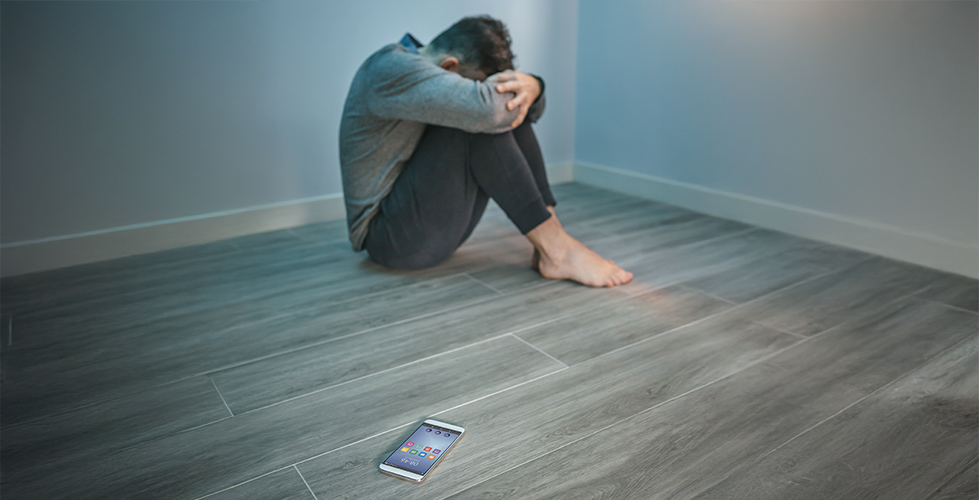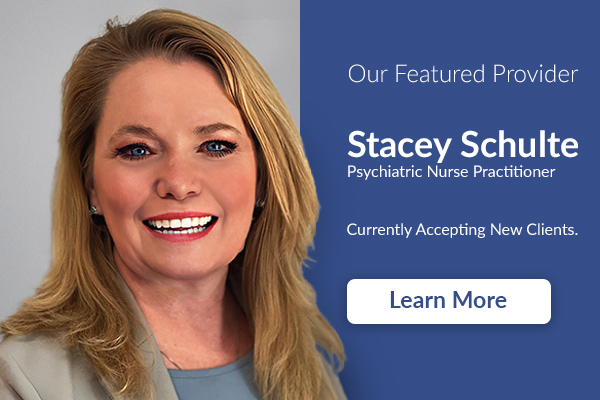A 2017 press release from the American Medical Association reported that “according to several recent studies, there is a notable link between increased use of social media and increased levels of anxiety and depression.” As with most things in life, the problem lies not in what we use, but how we use it. Given our increased reliance on social media during the COVID-19 pandemic, I thought it might be helpful to examine how use of this resource can help or hurt our emotional health.
Loneliness is one of our most painful emotions, because as social beings we require bonds with others for survival (imagine a newborn with no social connections!). From the beginning, negative emotions and other types of pain signal unmet needs. Just as hunger signals the need for food and thirst for water, loneliness signals a need for social connection. Interaction with social media can simulate this connection.
When we use social media, we are interacting in an indirect fashion using text, pictures, video, etc. Although these provide social information, they do not provide an experience of direct social connection in all sensory domains, many of which are nonverbal. Our felt need for additional sources of information explains the development of new forms of communication such as emojis, an attempt to remedy the deficits of text by providing indicators of emotional tone :).
Problems can arise with excessive or increasingly exclusive use of such indirect means of social contact. Just as use of alcohol or other chemicals can temporarily decrease or remove the pain associated with a need or problem, doing little or nothing to remedy the situation itself, interaction with social media can simulate satisfaction of social needs while leaving these needs unmet. Interaction with others through social media, therefore, should be balanced with face-to-face time as often as possible.
Andrew C. Nichols, MSW, LCSW, has over 20 years of experience treating individuals, couples, and families suffering a variety of mental health and emotional issues. He also provides Eye Movement Desensitization Reprocessing (EMDR) Therapy for people suffering from grief, anxiety, depression, and other forms of distress.



Comments are closed.